Lost — somewhere between the breathless updates on an actress’ 5 ft long Versace gown train, and the actors who made their ‘official debut’ as a couple — are the films that are meant to be the focal point of the Cannes Film Festival.
This year, Indian cinema was represented by Payal Kapadia — a student from the Film and Television Institute of India, Pune. Her 13-minute short film Afternoon Clouds, based on the life of a 60-year-old widow and her Nepali maid, got shortlisted from over 2,600 submissions from around the world for the Cinefondation category.
(Also Read: Cannes 2017: From Indian celebs to screenings, all you need to know about the film festival’s 70th edition)
In previous years too, Indian cinema has made a splash at the Festival de Cannes, and we’ve put together a list of the five best:
Masaan
Starring Richa Chadda, Sanjay Mishra, Vicky Kaushal and Shweta Tripathi, Masaan made a huge impact at the 68th Cannes Film Festival.
Apart from receiving a five minute long standing ovation after the film was screened, the movie also bagged two awards for India in that year — the FIPRESCI, International Jury of Film Critics prize and the Promising Future prize in the Un Certain Regard section.
Set against the poetic backdrop of Varanasi with burning ghats and funeral pyres as the accompanying props, Masaan is a beautiful meta-narrative that takes the topics of loss, death and the tragedy that is life, head-on — and gives us a compelling story that manages to pull at our heartstrings.
The Lunchbox
The best way to describe The Lunchbox would be to refer to it as a discreet gem. Shot on a small scale with an equally minuscule budget to boot, this Irrfan Khan starrer managed to grip cinema critics and moviegoers alike.
Written and directed by Ritesh Batra, The Lunchbox was touted as one of the most positive movies of the year, taking the common man out of his shell of cynicism and dropping him into the lap of quiet, yet resilient hope. It was no surprise then, that the film fared well at the Cannes Film Festival too, winning the Grand Rail d’Or or the Viewers’ Choice Award.
Salaam Bombay
Films like Salaam Bombay come about once in a lifetime. Dubbed as one of the thousand best movies of all time, this film about the children living on the streets of Mumbai turned out to be a much bigger hit than expected. Highly acclaimed by critics world over, it won the Audience award and the Golden Camera award (Camera D’Or and the Prix Publique) at Festival de Cannes, and is one of the few films that will be evergreen for years to come. Mira Nair took a film with a story line shrouded in despair, yet somehow managed to turn it around and give us an optimistic piece of art in return.
Pather Panchali
Pather Panchali served as the debut film for renowned filmmaker Satyajit Ray. It was the first film in the Apu trilogy, and revolved around a remote village in Bengal. Deeply exploring the themes of urbanisation and rural poverty, the film got awarded the Best Human Document at the Cannes Film Festival in 1956. Pather Panchali is a film about struggle, and in a dark irony of sorts — Ray himself went through an intense struggle to get the movie completed. He had to pawn off his wife’s jewelry in order to finance the first stage of the film’s shooting. Ray managed to deliver a cinematic gem in his very first attempt.
Neecha Nagar
India’s first official entry at the Cannes Film Festival, Chetan Anand’s directional debut also became the first movie to win the esteemed Grand Prix award at Festival de Cannes in 1946. As a reflection of the Indian society’s ignorance — this critically acclaimed movie was never even released in India, wherein it went on to win the top honour at one of the leading film festivals in the world.
A powerful social drama, the film focused on the gap between the upper class and the lower class in the Indian social setting. The film also had the stroke of a deeply personal flavour as it was made during the last leg of the British rule in India.


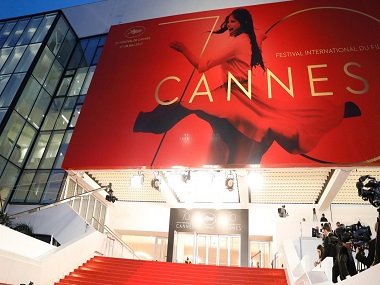)




)
)
)
)
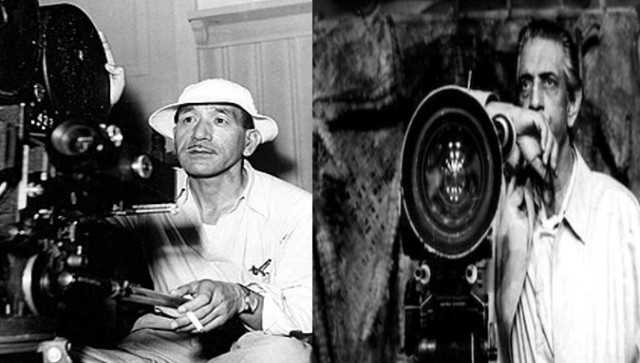)
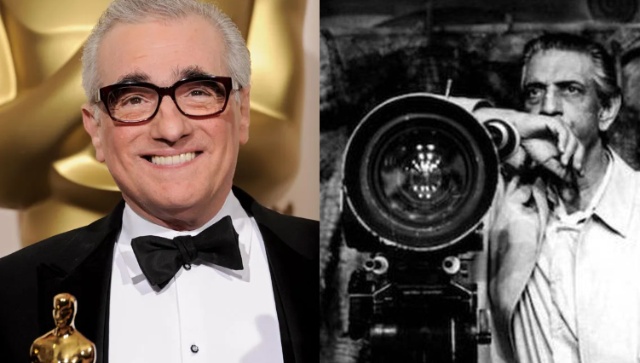)
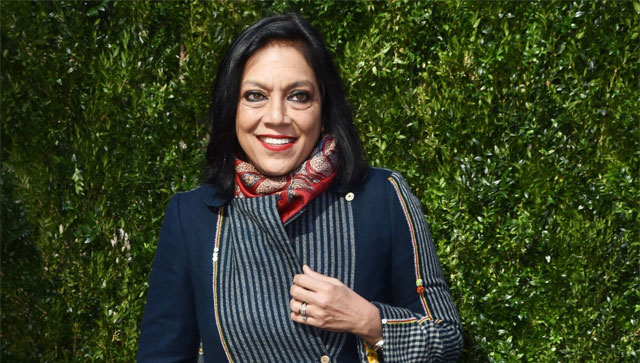)
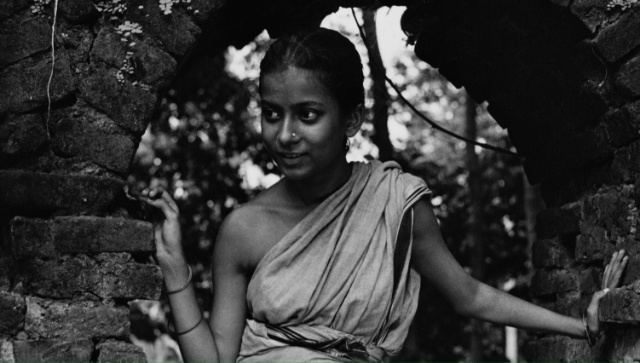)